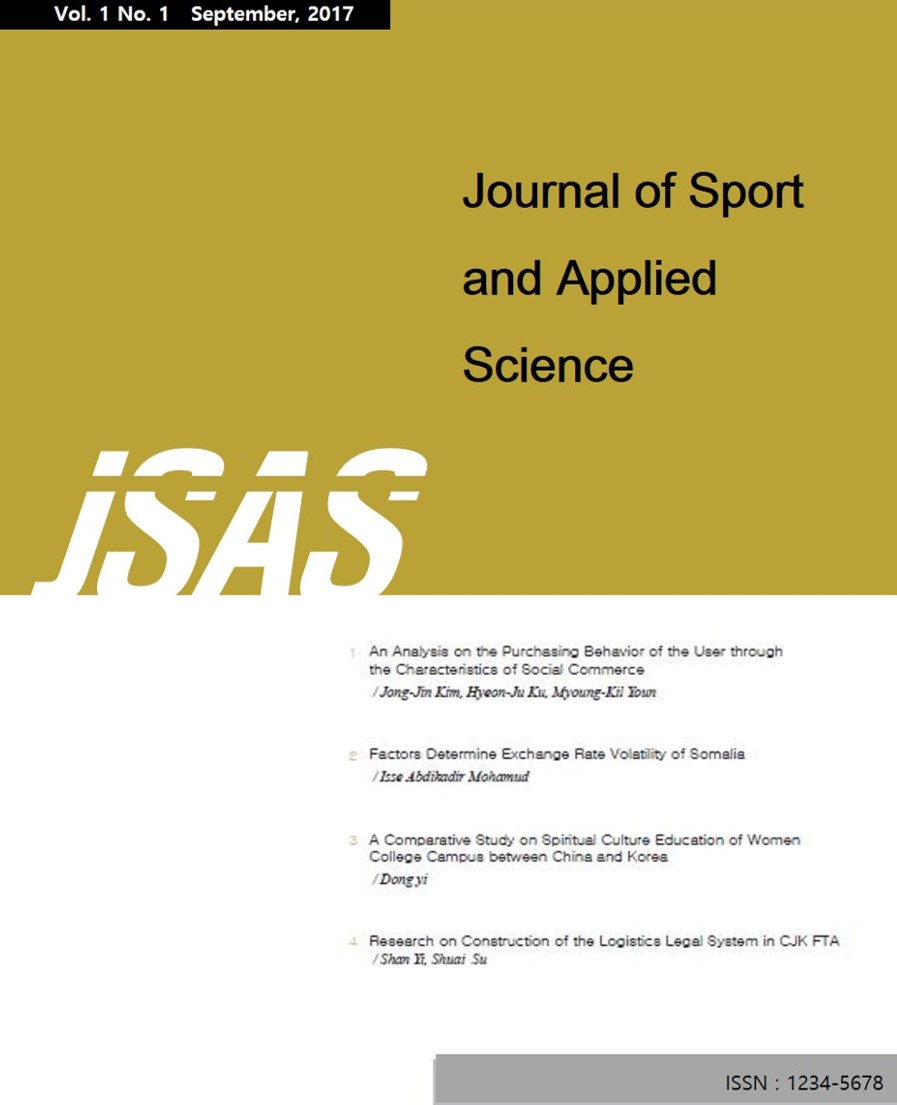- 권한신청
- E-ISSN2586-6028
- KCI Candidate
6권 2호
초록
Abstract
Purpose: This study began with an interest in the meaning and importance of Olympic mascots, and this paper aimed to analyze the types and features of mascots by comparing the Summer Olympics mascots from Munich 1972 to Tokyo 2020 and ultimately to understand the attributes of the Summer Olympic mascots. Research design, data, and methodology: The approach of this study is the exploratory approach by literature reviews. This study carried out exploratory research on thinking about understanding the characteristics of the Summer Olympic Games Mascots. Results: First, the Munich 1972 mascot, Waldi is known as the first official mascot. Second, many mascots are designed the most in animal form. But the process of change according to the material of the Olympic mascot changed from a simple animal form to a finely expressed hybrid mascot, and multiple mascots appeared in the 2000s. Conclusions: The Olympic mascot is a representative symbol of the Olympic Games, representing the identity of the host country. Five attributes of the Olympic mascots were identified: friendliness, a symbolic meaning, originality, diversity, and value. Further implications were discussed.
초록
Abstract
Purpose: This research aims to analyze the relationship marketing between football club organizations, players, and the fans club community. Research design, data, and methodology: An ethnographic approach was used to observe for eight months in the community, interviews, and documents analysis in Bonek Mania community fans club and Persebaya, a football club management in Surabaya, Indonesia. Results: The results show that the management of the football club has maintained the football high-end brand image in the national league. Stakeholders have endeavored to build the values and shared meaning with the public and cohesively with Bonek Mania. The struggles and achievements are intended to maintain the local collective memory of Surabaya's patriotism as the "city of heroes." Sustainable relationships were built by professional football club managers, players, and the fans club to foster the spirit, economic resources, and sustainable development. Conclusions: This research implies that it can provide direction for the management of football clubs by paying attention to relationship marketing, developing unique local values to build the customers' loyalty. Further implications were discussed.
초록
Abstract
Purpose: This study attempts to investigate causal and intervening conditions for sport participation of Korean immigrants in the United States. Research design, data, and methodology: Grounded theory approach was used to develop a conceptual framework that presents the psychosocial processes that occur in immigrants' experience of sport participation. Participants were selected purposefully for information-rich cases. Korean immigrants with current experience of having periodically participated in sports were the criterion for sample selection. Based on selection criteria, 9 Korean immigrants took part in interview. The interview discussions were taped and transcribed verbatim into a Word file. The process for data analysis included four grounded theory approaches of purposive and theoretical sampling, an open and axial coding, memo writing, and finally the development of the conceptual framework. Results: Six concepts were revealed in the causal conditions that facilitate the process of immigrants' sport participation in the states: Personal experience, significant others, personality, physical environment, psychological well-being, and social connection. Three concepts were revealed as the intervening conditions that block the process of immigrants' sport participation in the states: Conflict with cultural change of organization, Pressure at workplace, and Economic constraints. Conclusions: Conceptual model presents causal and intervening factors. Further implications were discussed.














